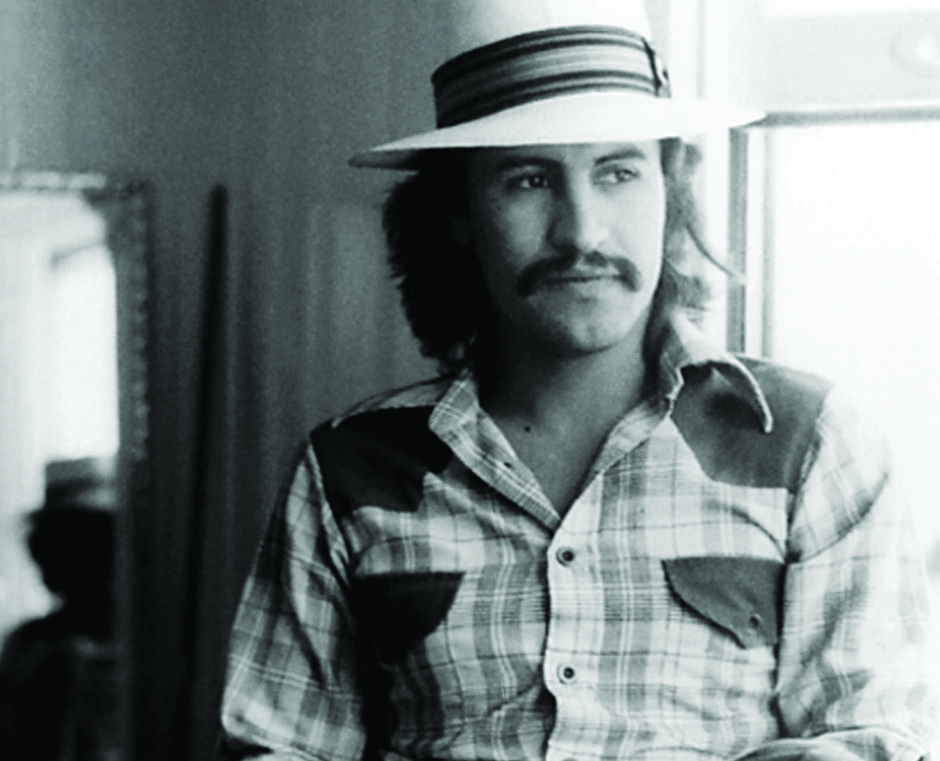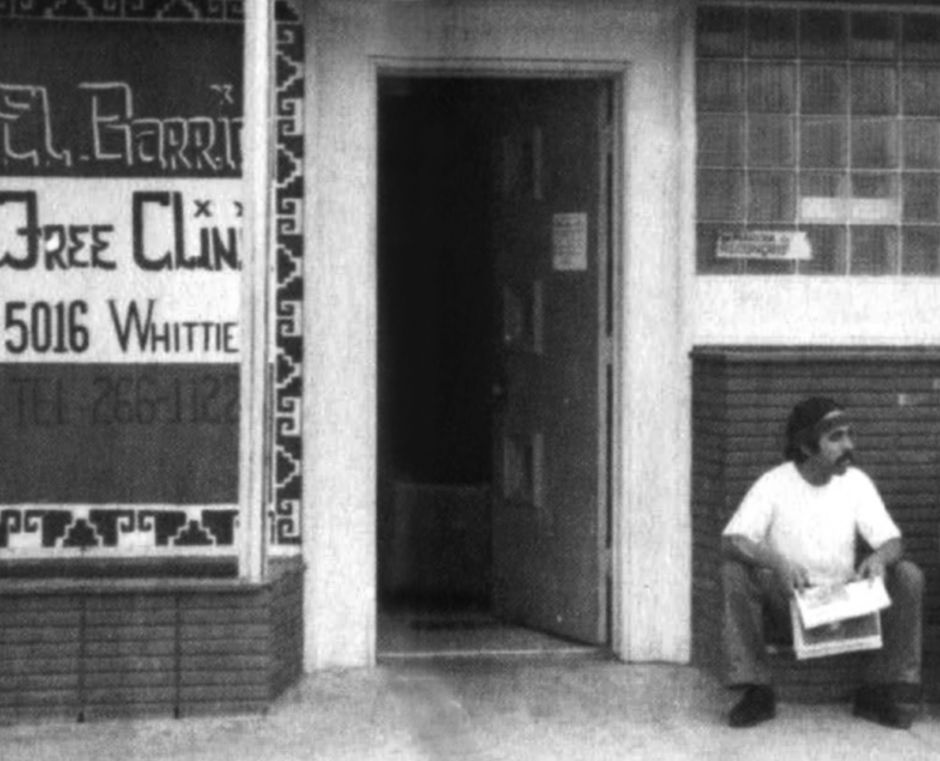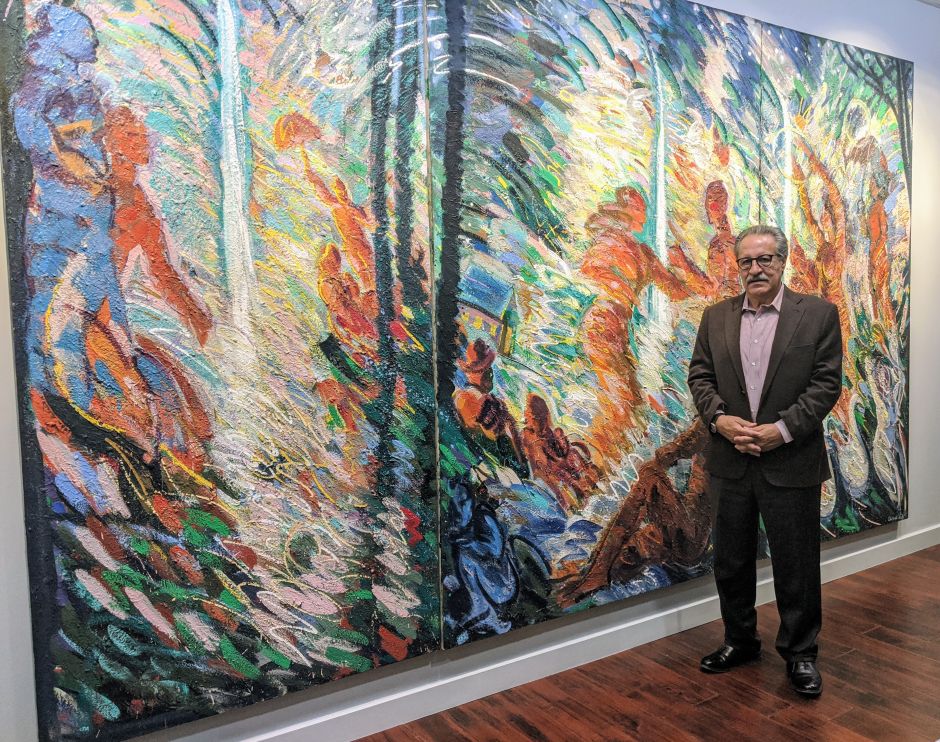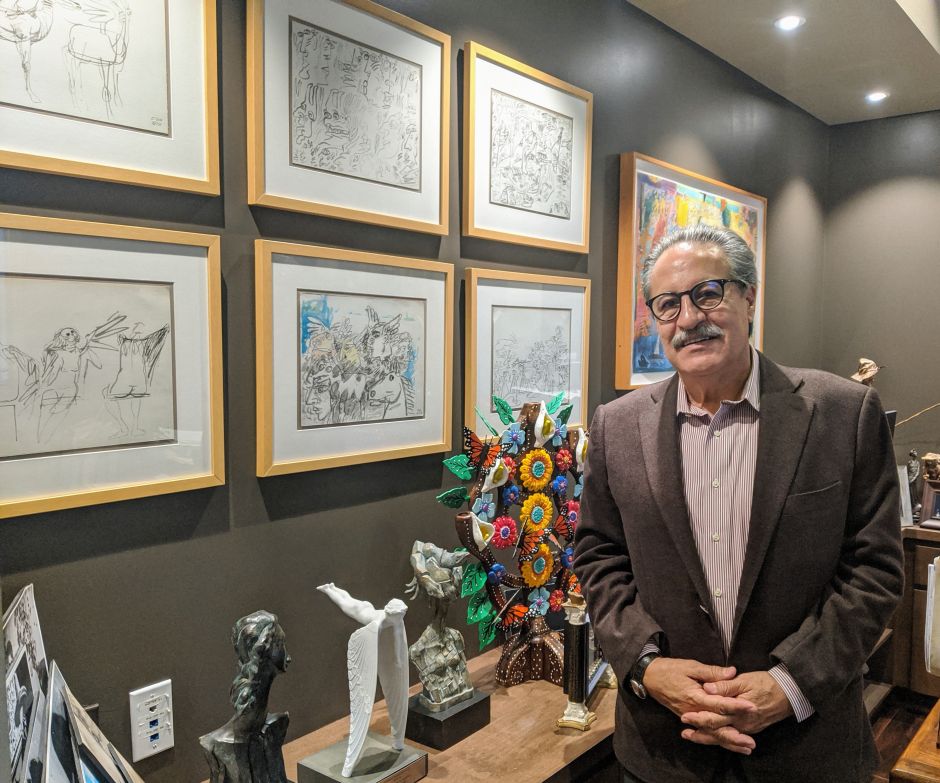The immigrant Cástulo de la Rocha, director of AltaMed, tells what motivated him to make a difference at the university and in Los Angeles
Sitting in his office in the city of Commerce, Cástulo de la Rocha proudly pointed out some paintings and pieces of art he enjoys collecting.
Several were included in the most recent book entitled "The Chicano Boom", a story in images of the Chicano movement from 1965 to 1985 created for the 50th anniversary of AltaMed Health Services.
These years were important, since they made him an activist who learned to advocate for education, for health and for his ideals.
De la Rocha is today the director and CEO of AltaMed Health Services, a nonprofit health organization that has more than 50 locations in Los Angeles and Orange counties. This includes medical and dental centers and offices, centers for the elderly, youth and welfare.
Achieving this title has cost decades of work for this man, a native of Chihuahua, a state in northern Mexico.
The director, 70 years old, recalled how he lived his first years of life in a small town without electricity, pavement and much less access to education or health.
"There was a little school where the teacher sometimes arrived," de la Rocha recalled. "I got all the education here in the United States."
Academic shock
When he was 10 years old, the family moved to East Los Angeles after his father was part of the Bracero program. When de la Rocha entered Roylevelt High School in Boyle Heights, he began to learn more about the Chicano and civil rights movement.
"It was through this movement that I became aware of the needs of the communities," he said.
In 1967, after graduating, he was accepted at the University of California, Santa Barbara, where he says he faced a cultural and academic shock.
“There were 13,000 students. Of them, only 20 were Mexicans, ”he said.
The then student remembers that it didn't matter how much he worked in the classes, in his first semester his grades were only C and D.

“Because the preparation that Mexicans received (in K-12 schools) was much lower,” said de la Rocha who was in English Learner (ESL) classes. “50% or 60% of Roosevelt students dropped out of school. They never finished. ”
De la Rocha explained that he did not get good grades in Roosevelt because he was an exemplary student, but because he copied everything exactly as he was on the board.
"I didn't learn anything … And that didn't prepare me academically to be at the level of UC Santa Barbara."
De la Rocha said that at the end of his semester at UC Santa Barbara, he thought about leaving university and returning home.
However, after talking with his father he confirmed that his options were: return as a failure and enter the community college or enlist in the military.
"As my father said:" You have to machete him very hard, "he recalled. "Then I decided to stay a little longer and fight for my education."
This motivated him to create United Mexican-American Students (UMAS) at the university, which focused on advocating for education for Latinos.
De la Rocha said he had taken the phone book to speak in person to each of the students who had Latin surnames to invite them to join UMAS.
With the organization, students fought for educational programs aimed at Latino students. They also participated in an endless number of demonstrations and became a group aware of the policies of that time.
"That's why we put more desire for education and made demands for what became the Chicano Studies Program," he said.

An unexpected achievement
De la Rocha earned his Political Science degree and transferred to UC Berkeley to attend law school.
One of his greatest pride was knowing that when he graduated from Santa Barbara, UMAS already had thousands of members.
Later, he worked for a while in San Francisco for MALDEF but for personal reasons he returned to Los Angeles.
"I wasn't sure what I wanted to do at the time because even while I was in law school in Berkeley I was still very involved with Mexican communities through the law," de la Rocha said.
At that time a place called "Neighborhood Family Clinic" in East Los Angeles was looking for an interim director.
Between laughs, de la Rocha remembers that he obtained the position despite not having experience, because he was the only one who applied for this vacancy.
"They offered me the position for three months and told me that if I wanted to continue working I should get more funds," he said.
He said that what most caught his attention in improving the clinic was the need for low-income people who made long lines in the morning to get a ticket and receive health services in the afternoon when doctors arrived as volunteers.
"The line never got shorter … It was a sadness because I lived in that community but at the same time I recognized that there was an opportunity and that the demand was on the lines," said de la Rocha. "Back then, I was convinced that I could make that change."
And he was not wrong.
The clinic that began 50 years ago with two employees and a group of volunteers has now become a non-profit organization that serves hundreds of thousands of people, regardless of immigration status, and has more than 3,000 employees.
De la Rocha has been leading AltaMed Health Services for 43 years.
De la Rocha is proud to say that currently the services that patients receive in AltaMed are at the level of other high-name organizations.
"Because we have achieved so much to manage these clinics and bring a high quality service to the communities," said de la Rocha.

Recently de la Rocha was recognized by UC Santa Barbara with the recognized Distinguished Alumni Award which he received with great honor but at the same time with great grace.
"I found it a bit ironic that 50 years ago (in student protests) I was part of those who threatened to burn and destroy the school and now give me recognition," said the principal.
De la Rocha is currently working on a project called “Building Bridges in Time of Walls”, which consists of an exhibition of 70 paintings, from AltaMed Art Collection, that are touring Mexico to demonstrate racial, social and political oppression during the movement Chicano
"The walls are not going to end with the 2020 election," de la Rocha said. "That's why we want to build bridges between countries but mainly between communities."








